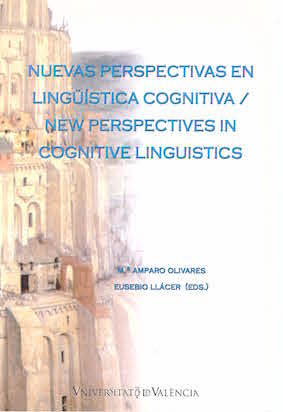Metàfores de conflicte lingüístic: la ‘guerra’ del català i el castellà a Catalunya
DOI:
https://doi.org/10.7203/qfilologia.14.3991Paraules clau:
metàfora, marc, premsa, ideologia, conflicte lingüístic Resum
Resum
En els mitjans de comunicació, la realitat no és, sinó que es presenta, es “construeix”, d’una determinada manera mitjançant estratègies retòriques basades en la metàfora, la comparació o la paradoxa, entre altres mecanismes. En aquest article analitzem un conjunt de notícies de premsa que tracten sobre l’ús del català i el castellà en l’àmbit socioeconòmic i mostren com funciona la metàfora un conflicte lingüístic és un conflicte bèl·lic. Les notícies analitzades mostren el poder de la metàfora i els marcs per a donar forma discursiva i argumentativa a una situació lingüística on conviuen dues visions difícilment conciliables dels usos del català i el castellà a Catalunya.
 Descàrregues
Descàrregues
Descàrregues
Com citar
-
Resum397
-
PDF (Español)412
Número
Secció
Llicència
 Este obra está bajo una licencia de Creative Commons Reconocimiento-NoComercial-SinObraDerivada 4.0 Internacional.
Este obra está bajo una licencia de Creative Commons Reconocimiento-NoComercial-SinObraDerivada 4.0 Internacional.
Tots els documents inclosos a OJS són d'accés lliure i propietat dels seus autors i/o institucions editores, i per tant, qualsevol acte de reproducció, comercialització, comunicació pública o transformació total o parcial necessita el consentiment exprés i escrit d'aquests.
Authors who publish with this journal agree to the following terms:
- Authors retain copyright and grant the journal right of first publication with the work simultaneously licensed under a Creative Commons Attribution License that allows others to share the work with an acknowledgement of the work's authorship and initial publication in this journal.
- Authors are able to enter into separate, additional contractual arrangements for the non-exclusive distribution of the journal's published version of the work (e.g., post it to an institutional repository or publish it in a book), with an acknowledgement of its initial publication in this journal.
- Authors are permitted and encouraged to post their work online (e.g., in institutional repositories or on their website) prior to and during the submission process, as it can lead to productive exchanges, as well as earlier and greater citation of published work (See The Effect of Open Access).




